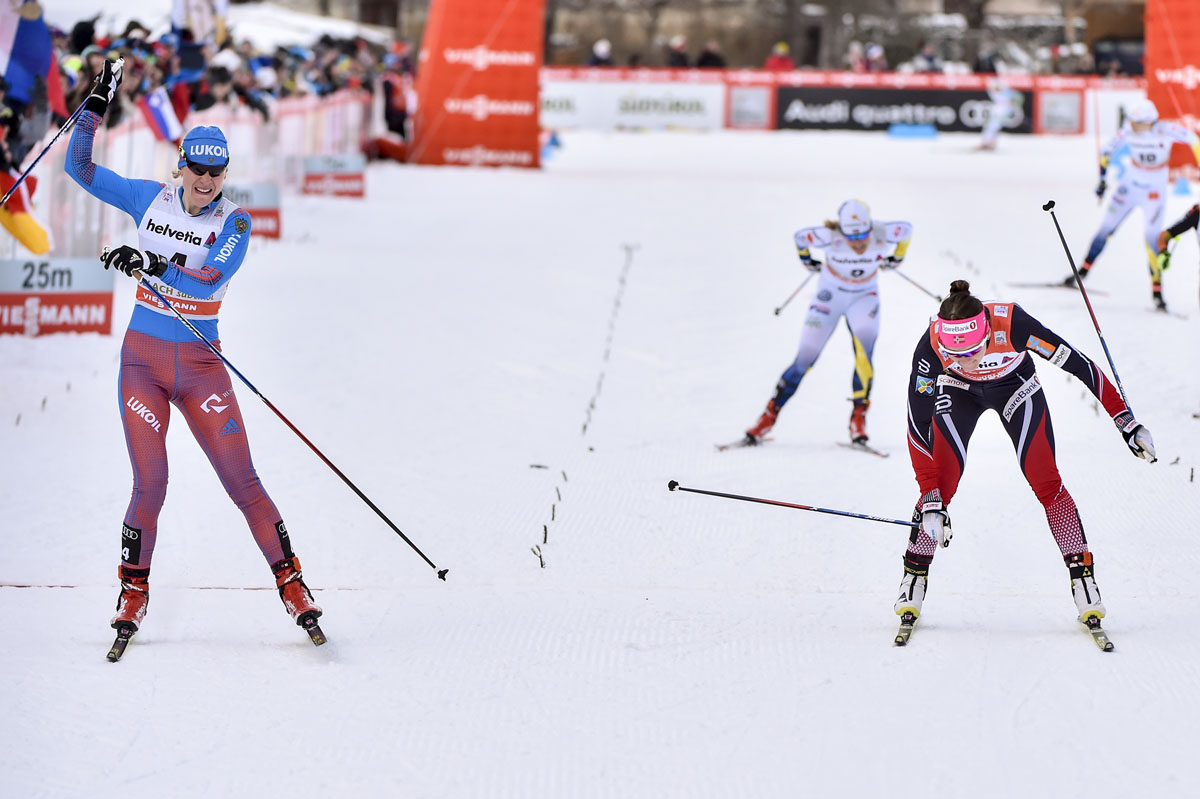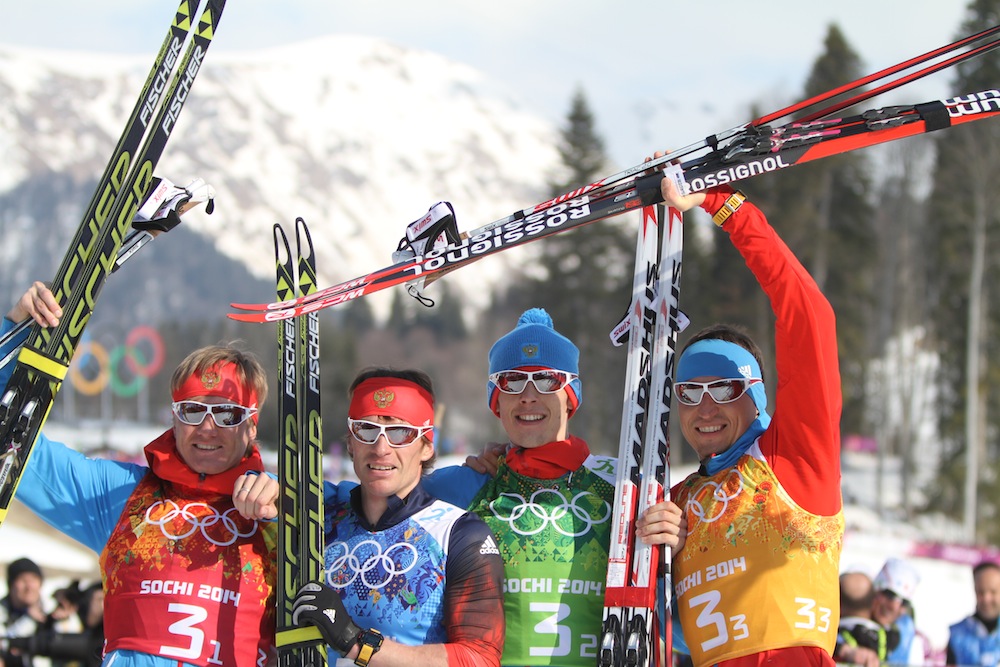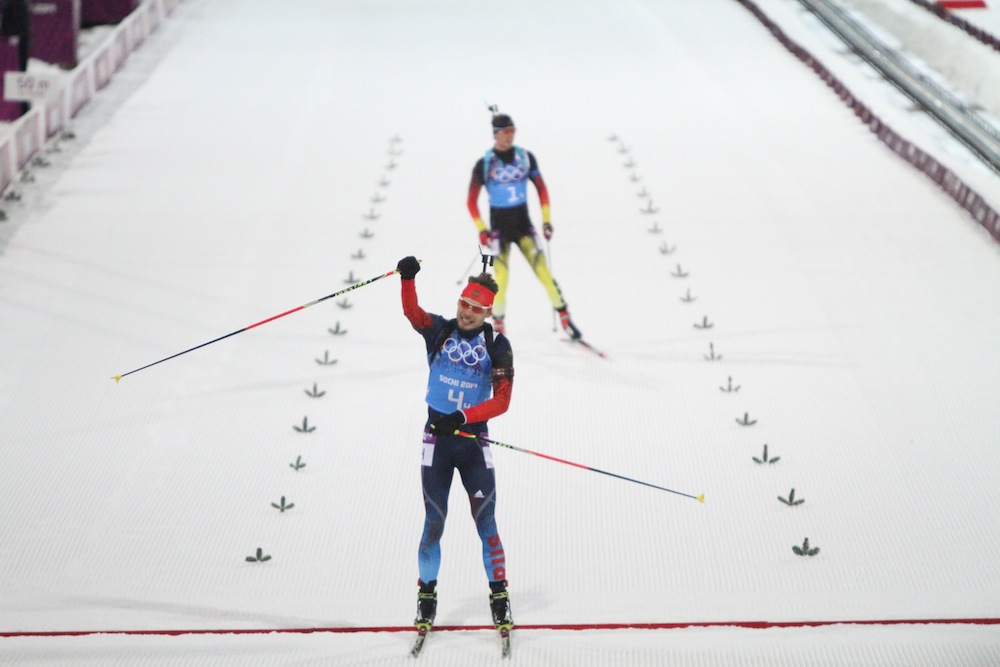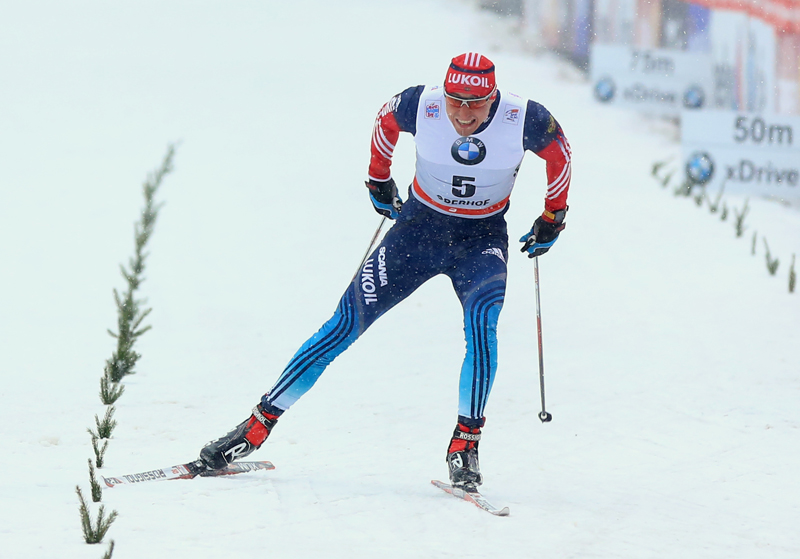
Yesterday, the International Olympic Committee (IOC) decided that while Russian athletes who are “considered clean” may compete at the 2018 Games in PyeongChang, South Korea, they will do so in neutral uniforms and under the moniker “Olympic Athlete from Russia” rather than as the Russian Olympic Team. The Russian national anthem wouldn’t be played if they win, although the team may be reinstated for the closing ceremonies.
That is a big step for the international sporting community in their task of dealing with Russia’s manipulation of the anti-doping system at the 2014 Olympics.
But significant as it may be, the drama is far from over as several more decisions must be taken. Individual athletes disqualified from the Olympics by an IOC Disciplinary Panel are appealing their bans to the Court of Arbitration for Sport (CAS), sport’s supreme court. Several of the provisions in the IOC’s Tuesday decision are also certain to be appealed to CAS, among them the assertion that no Russian athlete with a previous doping ban can compete in the 2018 Games.
Decisions must also be taken by individual international sports federations, like the International Ski Federation (FIS) and the International Biathlon Union (IBU). Russia has broken enough statutes of these federations that they may be suspended, which could have its own effects on the competitive field at the World Cup, the Olympics, and lower levels of competition.
And finally, there allegedly hundreds to thousands of doping cases indicated in digital forensic evidence from the Russia investigation which have not been dealt with yet because they do not involve athletes from the 2014 Olympics.
Sport Federation Statutes and Suspensions

The 2014 FIS Anti-Doping Rules, which went into effect on January 1, 2014 (before the Olympics started that February), state that the federation can take action against national ski teams, such as barring athletes from competition or assessing fines, if there is evidence of extensive doping within the team.
Article 12.3.1 of the rules state that such action may be taken when “Four or more violations of these Anti-Doping Rules… are committed by Athletes or other Persons affiliated with a National Ski Association within a 12-month period in testing conducted by FIS or Anti-Doping Organisations…”
At the moment, eight Russian cross-country skiers have been disqualified by the International Olympic Committee for doping violations at the 2014 Olympics: Alexander Legkov, Evgeny Belov, Alexei Petukhov, Maxim Vylegzhanin, Julia Ivanova, Evgenia Shapovalova, Anastasia Dotsenko, and Julia Tchekaleva.
“In such event FIS may in its discretion elect to: (a) withdraw some or all FIS membership rights, including participation in all FIS calendar competitions, voting rights at the FIS Congress, ban all officials from that National Ski Association for participation in any FIS activities for a period of up to two years and/or (b) cancellation of the organisation of future FIS events in the disciplines concerned and/or (c) withdraw some or all FIS funding to the National Ski Association…” the rules state.
A second provision states that if four more cases are found within a 12-month period after the first four or more cases, “FIS may suspend that National Ski Association’s membership for a period of up to 4 years.”
The rules also stipulate that if “More than one Athlete or other Person from a National Ski Association commits an Anti-Doping Rule violation during an International Event… FIS may fine that National Ski Association in an amount up to CHF 50’000.–.”
FIS has yet to officially consider any of these actions, but they will likely be brought up for discussion soon.

In a statement released by U.S. Ski and Snowboad, CEO Tiger Shaw said, “On behalf of our athletes, we have a fundamental obligation to fight for fairness in sport, to advocate for the health and welfare of athletes and to protect the image of our sport. Now we look to the International Ski Federation (FIS) to hold a FIS Council meeting to review the IOC’s decision and related evidence to consider its impact on the Russian Ski Association, its FIS committee members, officials and athletes.”
Meanwhile, the IBU will hold an Executive Board meeting this weekend, in which it may address violations of its own statutes.
The IBU did not implement rules similar to the FIS rules regarding suspending member federations or canceling events on the basis of repeated doping offenses until its 2014 Congress, which was held after the Sochi Olympics. But Russia may have violated other IBU statutes.
In the 2012 IBU Rules, it is stated that “The IBU may impose a fine either by requesting payment or by withholding financial support from a member federation if more than one athlete or more than one person from such member federation commits a violation of the IBU Anti-Doping Rules during a 12-month period.”
In the same edition of the rules, a provision states that “IBU member federations that are full members may be suspended by the Executive Board, for up to two years, until the next IBU Congress if they do not fulfill their obligations stated in Art. 2.3.2.”
Among the “Obligations of Full Members” described in that article is, “to comply with the IBU Constitution and Rules.” Two of the “Objectives” listed in the IBU Consitution are “to prevent doping in biathlon” and “to prevent all methods and practices that might jeopardize the integrity of biathlon competitions.”
All of the athletes banned by the IOC, additionally, may see sanctions from their relevant international federations. The skiers and biathletes are currently under provisional suspensions from FIS and the IBU, and doping hearing panels will (eventually) consider the evidence against them and decide whether to bring anti-doping rule violations. The time frame for that is unclear.
Likely CAS Rulings
There are already 22 appeals registered at CAS by athletes who were disqualified from the 2014 Olympics by the IOC’s Disciplinary Commission.

Previous CAS decisions, for example the one setting a limit on cross-country skier Alexander Legkov’s provisional suspension by FIS, indicate that CAS trusts the evidence that has been marshalled in the Russian doping saga so far. But with the full reasoned decision from the Legkov suspension released and no others, it is hard to judge exactly what evidence was used by the IOC in individual cases.
Thus it is likely, but not guaranteed, that the retroactive disqualification from the 2014 Games will remain standing.
(Then there’s the question of getting the medals back: biathlete Yana Romanova said that “I’d rather throw my medal in the dumpster, than return it to the IOC,” referring to the silver medal she was given in the women’s relay and was ordered to return after her disqualification.)
Besides disqualifying the atheltes from the 2014 Games, the IOC Disciplinary Commission decisions also banned them from all future Olympics. There is no provision for lifetime suspensions on a first doping offense in the World Anti-Doping Code, so this could be a real fight at the CAS level.
Similarly, the IOC’s Tuesday decision included a ruling that no Russian athlete who had ever been suspended for an Anti-Doping Rule Violation could compete in the 2018 Olympics. That is very unlikely to stand, as the Court of Arbitration for Sport has ruled several times, in different specific circumstances, against past doping violations being used anew to bar athletes from competing in a new set of events.
That included a year and a half ago before the 2016 Olympics in Rio de Janeiro, Brazil, where the IOC stipulated a similar requirement for Russian summer Olympic athletes, but CAS shot it down.
Aside from the issue of double jeopardy, there would be an inherent unfairness to preventing Russian athletes who had completed doping suspensions from competing, while others who had served and completed similar suspensions were allowed to participate.
Athletes who may challenge this provision include cross-country skier Natalia Matveeva and biathlete Alexander Loginov, both of whom finished their suspensions for using EPO, and have since returned to competition.
In comparison, Martin Johnsrud Sundby of Norway and Justyna Kowalczyk of Poland have both served doping suspensions and will almost certainly be on the start line.
Outstanding Cases
Finally, there are many more cases that have not yet been handled.
The IOC has so far only suspended athletes involved in a doping cover-up scheme at the 2014 Olympics. But in the course of the investigation of that scheme, evidence came to light of many, many more cases outside of the Games.
In the evidence packet of the McLaren Report, for example, there were 78 cases of samples being handled in suspicious ways in biathlon, and 99 cases in skiing. Aside from those associated with some of the 2014 Olympians, no action has been publicly disclosed by FIS or the IBU about these other athletes.
More recently, the World Anti-Doping Agency (WADA) obtained a database containing all the testing data from the Moscow anti-doping laboratory between January 2012 and August 2015.
A key whistleblower, Grigory Rodchenkov, said through his lawyer that the database contains information on “thousands and thousands” of athletes who benefitted from the state-organized doping scheme.
At some point, international sports federations such as FIS and the IBU should reckon with that evidence, as well.
Chelsea Little
Chelsea Little is FasterSkier's Editor-At-Large. A former racer at Ford Sayre, Dartmouth College and the Craftsbury Green Racing Project, she is a PhD candidate in aquatic ecology in the @Altermatt_lab at Eawag, the Swiss Federal Institute of Aquatic Science and Technology in Zurich, Switzerland. You can follow her on twitter @ChelskiLittle.



